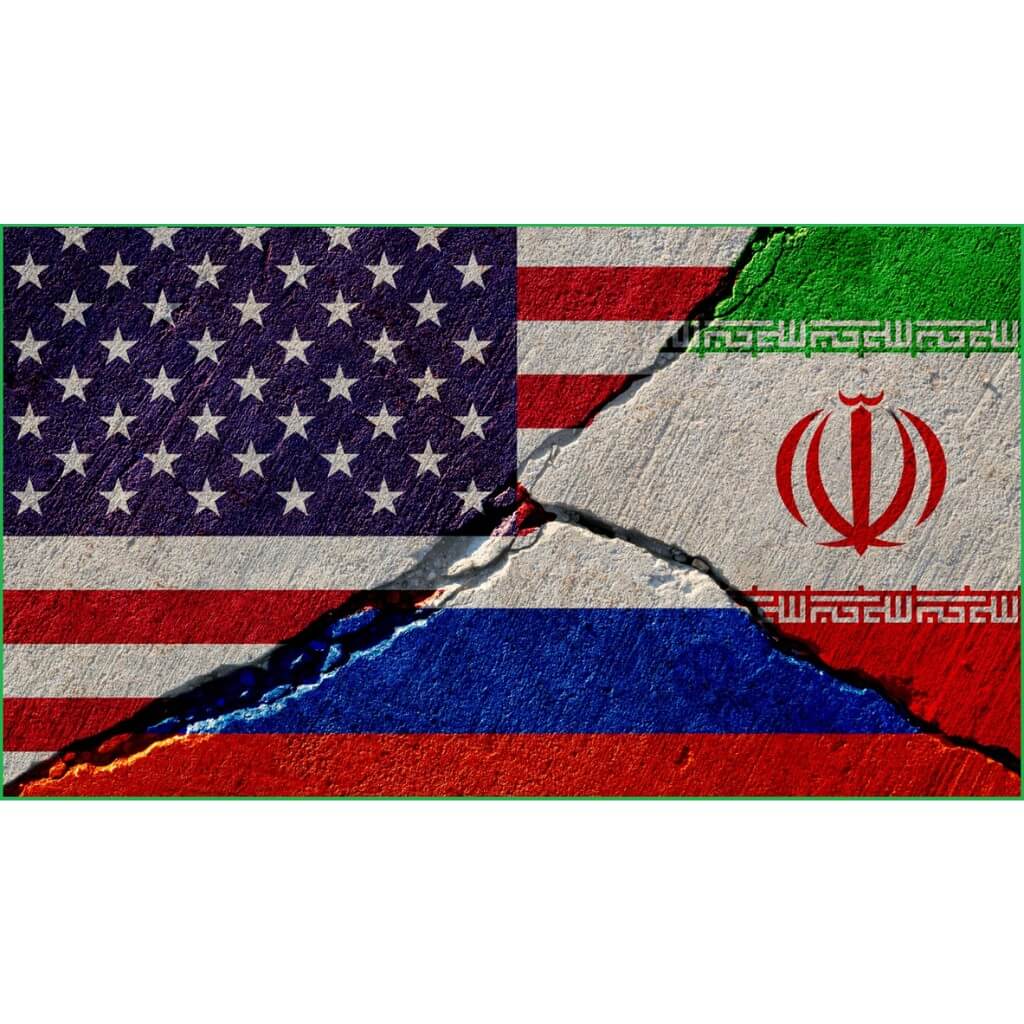The political chessboard of global affairs is in flux, and central to this is the U.S.’s aggressive push to sever Iran’s ties to Russia. This hardline stance stems from their alleged drone transactions and is emblematic of the high-stakes gamesmanship characterizing U.S.-Iran relations.
A Web of Tense Diplomacy
Recent events have revealed that the U.S. is desperately leaning on Iran to cease the sale of armed drones and related components to Russia. Why?
The core concern lies in Moscow’s deployment of these drones in the ongoing Ukrainian conflict. While Tehran denies any involvement in Ukraine, their diplomatic dances and repeated pleas to Moscow hint at a more complex story beneath the surface.
Yet, this isn’t a single-threaded narrative. The U.S. and Iran have been juggling a myriad of intricate conversations, some of which include the recent transfer of four Iranian-U.S. citizens from prisons to the confines of house arrest.
Biden’s Battle for Nuclear Stability
President Joe Biden’s efforts to reinvigorate the 2015 nuclear accord with Iran seem to be gaining some traction, albeit slowly.
And while U.S. Secretary of State Antony Blinken recently underscored the nation’s trifecta strategy of deterrence, diplomacy, and pressure towards Iran, he made it unmistakably clear: the drone provision to Russia is a grave point of contention.
However, the U.S.’s audacious demands don’t end there. They’ve laid out a blueprint for de-escalation: Iran must agree to cap uranium enrichment at 60% purity, enhance collaboration with the International Atomic Energy Agency, and ensure Americans remain unharmed.
The trade-off? The U.S. would take a backseat on some sanctions, especially those encircling oil sales. Yet, they’re unyielding when it comes to human rights violations.
It’s palpable that Tehran is feeling the squeeze, primarily from the economic chokehold imposed by U.S. sanctions.
With clauses from the 2015 nuclear deal about to expire, notably those limiting Iran’s ballistic missile activities, Tehran’s anxiety is mounting. They’re looking squarely at the U.S. to mitigate pressures from European nations that had previously signed the accord.
Glimmers of Hope or Mere Optical Illusions?
Both nations have reportedly come to terms on several issues. However, the road to actualizing these agreements is rocky and fraught with challenges.
One of the more optimistic tales to emerge is the potential prisoner exchange, a move that could instill a fragment of trust between these longstanding adversaries. Yet, the ghosts of past diplomatic failures loom large, reminding all involved parties of the treacherous path ahead.
Furthermore, the ambitions of the Biden administration seem to be in a holding pattern.
With the 2015 nuclear deal appearing irreparable due to Iran’s nuclear advancements, the administration’s strategy appears focused on containing this crisis at least until the 2024 U.S. elections roll around. The looming question: Can things remain stable until then?
The truth is, skepticism abounds. Many believe that while these proposed de-escalatory measures might provide temporary relief, the overarching challenge of Iran’s nuclear aspirations remains a ticking time bomb.
Sanam Vakil of the Chatham House think-tank argues that the current efforts are nothing more than temporary patches, effective only in keeping imminent threats at bay.
While the political dance continues, the world watches, waiting to see if the U.S.’s firm stance on Iran’s alleged dealings with Russia will pave the way for a new era of diplomacy or if it’s merely another chapter in an unending saga of mistrust and tension. Only time will truly tell.





